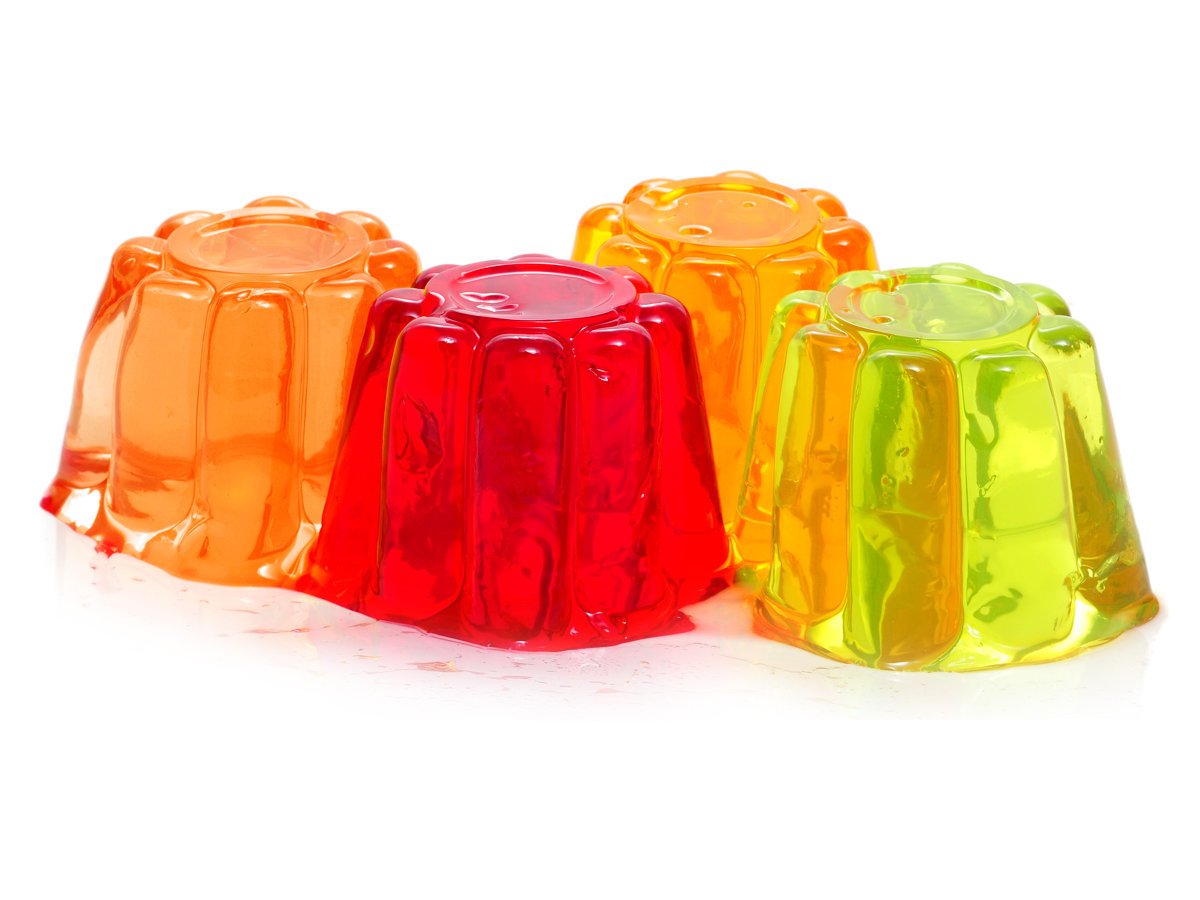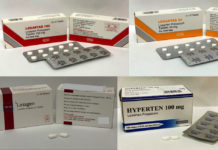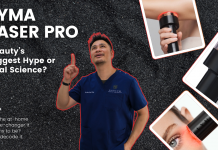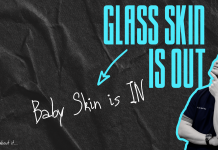I have had so many people asking me this that I have decided to write about it- Do collagen supplements and skincare work?
Why is Collagen so Desirable?
Collagen is a group of naturally occurring proteins found exclusively in animals, mostly in fibrous tissues such as tendon, ligament and skin. It is the main component of connective tissue, and is the most abundant protein in mammals, making up about 25% to 35% of the whole-body protein content.
Collagen, in the form of elongated fibrils, is what gives our tendons and ligaments strength. It is also what gives our skin its bouncy, elastic texture. When we are young, our skin is full of collagen, keeping it soft, supple and firm. Unfortunately, as we age, the amount of collagen in the skin decreases. It is estimated that this inevitable decline starts at about age 35. Before you know it, gravity wins the battle, and your skin starts to sag. With decreasing collagen, lines also appear.
Oral Collagen Supplements: Effects and Safety
Collagen supplements made their appearance in the nineties, and gained popularity amongst the multi-level marketing community here. They are touted to reverse the natural decline of collagen in your tendons, ligaments, skin, etc, with wonderous effects such as weight loss, skin rejuvenation, and easing arthritis.
Unfortunately, the effects of oral collagen supplementation is not well studied, with few or no human studies proving that they work.
Most experts feel that taking collagen supplements is not beneficial at all, as the collagen needs to be broken down to its components (i.e amino acids) in our digestive system before they can be absorbed by our body — you are better off taking chicken, fish, or gelatin! (which is partially hydrolyzed collagen)

Gelatin – Hydrolysed Collagen used in foods
More recently, a new form of collagen – Hydrolyzed Collagen, is gaining popularity. Manufacturers claim that these allow for better absorption. Again, there is very little evidence to show that they work. Plus, hydrolyzed collagen has been used for decades in the the food industry – as Gelatin!
While collagen supplements may confer little or no benefits, they are also mostly safe. Most collagen supplements are derived from chicken or cow body parts, so they are safe unless you have food allergies to chicken or cow.
Collagen Skincare: Are They Worth It?
Collagen has become a common ingredient in many skincare products, promising to firm the skin and reduce the effects of aging as the collagen is absorbed by the skin.
Unfortunately, collagen is a LARGE molecule – most of the collagen contained in these creams are too large to pass through your skin for absorbtion.
More recently, manufacturers claim to have solved this problem by introducing collagen molecules which have been broken down into smaller fragments – soluble collagen. This new age collagen are able to penetrate the skin’s surface to exert its effects, manufacturers say.
True, and false. Soluble collagen may be able to penetrate your skin, BUT the small fragments do little to your skin – they are too small to be able to function as useful collagen in the skin. At best, they hydrate your skin and temorarily improve its appearance.
The good news is that collagen creams are mostly safe. While their anti-aging effects may be dubious, they probably do more harm to your bank account than your skin!




















How this is great news for us. Thanks for shear it As soon as possible i will be touch with you.
Thanks for this article on <a href="http://www.katharinebotanicals.com/marine-collagen-tablets.html" rel="nofollow">collagen capsules</a> and supplements